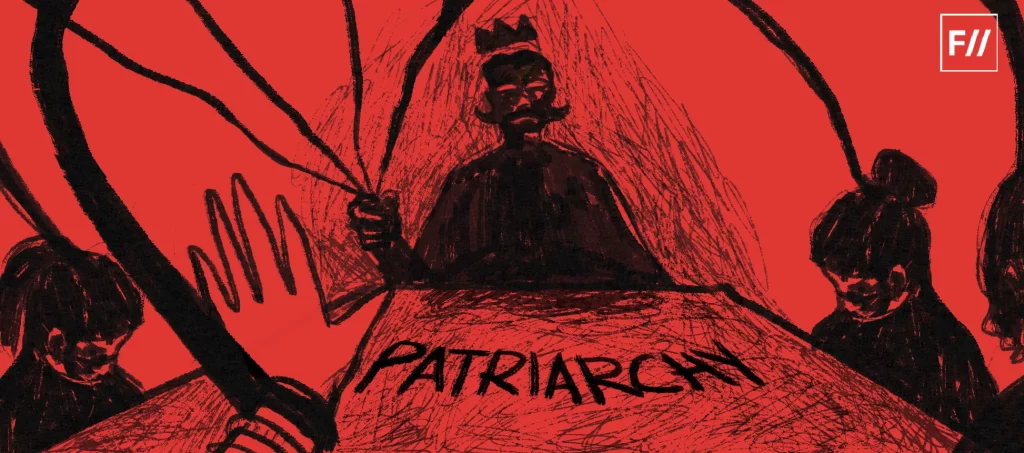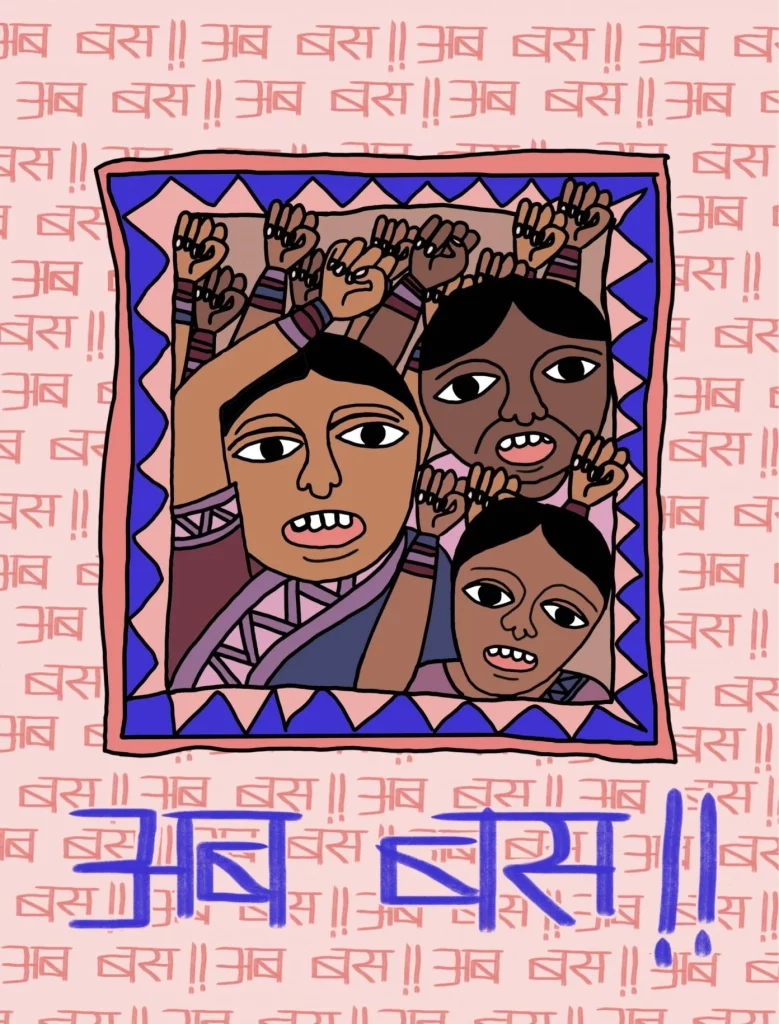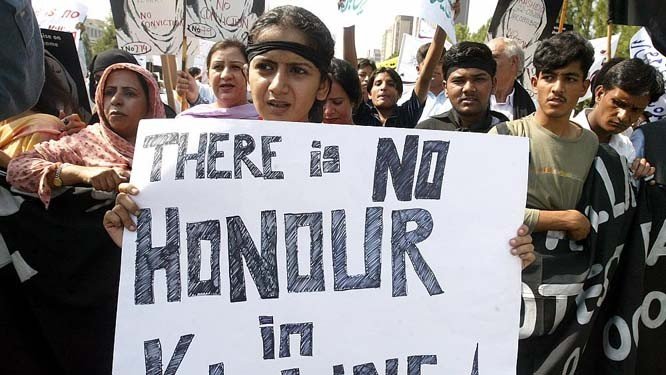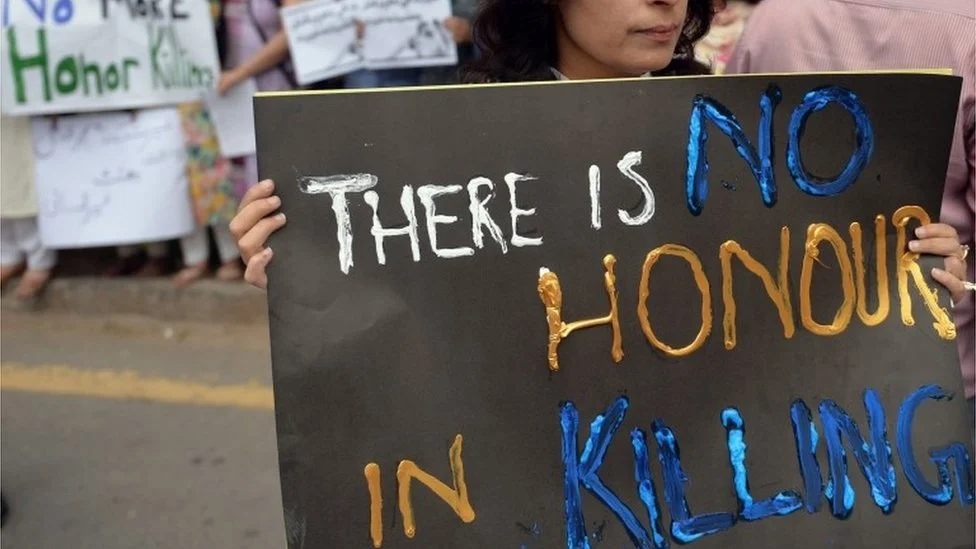Last month, the UK Home Office (HO) announced its intention to issue new statutory guidance and a legal definition of ‘honour’-based abuse (HBA). This initiative is part of the UK government’s efforts to “halve violence against women and girls (VAWG)” which is recognised as integral to the government’s ‘Safer Streets’ mission under the ‘Plan for Change’. In 2011, UK-wide HBA data was collected for the first time, revealing a 47% increase in HBA over a period of one year. This may not be surprising, given that the UK has a vast South Asian diaspora community, and HBA often involves BME perpetrators and victims belonging to South Asian ethnicities.
HBA is understood as an abuse which is meted out in the name of protecting or defending the honour of a family or community. HBA can take various forms, which include honour killing, domestic abuse, forced marriage, forced abortion, female genital mutilation (FGM), sexual abuse, vani (or compensation marriages wherein a girl is married off as compensation for murder committed by the girl’s family), and revenge rape.

Incidents of HBA are frequently reported in India. A particularly notorious practice is that of honour killings reportedly ordered by ‘khap panchayats’ (or caste-based councils associated with the Jat community) operating majorly in parts of Haryana, Rajasthan and Punjab. In 2007, the murder of a newlywed couple, Manoj and Babli, made headlines – it was a case of “honour killing” carried out by Babli’s family on the basis of a decree passed by the khap panchayatas the couple belonged to the same ‘gotra’ (clan), making them siblings in the eyes of their community. Couples in inter-caste marriages have also been victims of honour killings at the hands of their family members.
HBA is understood as abuse which is meted out in the name of protecting or defending the honour of a family or community. HBA can take various forms, which include honour killing, domestic abuse, forced marriage, forced abortion, female genital mutilation (FGM), sexual abuse, vani (or compensation marriages wherein a girl is married off as compensation for murder committed by the girl’s family), and revenge rape.
Some khaps have denied their involvement in honour killings, saying that it is the angry family members (of the girl who elopes with her lover) that carry out such killings due to a perceived threat to their honour. However, in 2014, it was reported that a khap panchayat had demanded an amendment in the Hindu Marriage Act to prohibit same gotra marriages, as such marriages are considered incestuous as per Hindu tradition.
Measures to address HBA in India
In response to a spate of honour killing incidents in 2009, the then-Home Minister, P. Chidambaram, gave a statement in the Rajya Sabha calling attention to and condemning the killings. In 2012, the Law Commission of India submitted the report ‘Prevention of Interference with the Freedom of Matrimonial Alliances (in the name of Honour and Tradition): A Suggested Legal Framework’. The report dealt with honour crimes and proposed new legislation ‘Prohibition of Interference with the Freedom of Matrimonial Alliances Bill’. The Bill outlawed assemblies or congregations of persons (such as khap panchayats) aimed at discussing or condemning any marriage. Section 2 of the Bill stated that the said condemnation should not be on the basis that the marriage has “dishonoured the caste of community tradition” or “brought disrepute” to the family or wider community.

Additionally, the Bill also empowered the Collector or District Magistrate to prohibit such assemblies or congregations upon receiving notice that there was a likelihood that such an assembly or congregation would take place. It also placed obligations upon the Collector/District Magistrate to secure the safety of the persons targeted by the unlawful assembly. The Bill was not subsequently passed in Parliament.
In May 2018, the Home Ministry issued an advisory to state governments to implement the measures laid out in the Supreme Court ruling in Shakti Vahini v. Union of India (2018) to address so-called honour crimes. The judgement introduced a number of preventive steps and remedial and punitive measures to address honour crimes. Among them were obligations on state governments to identify areas wherein honour killings had been reported in the past, requiring the police in the identified areas to be extra cautious upon learning about any inter-caste and inter-religious marriage within their jurisdiction, and the obligation on police authorities to act when any proposed gathering of khap panchayats came to their notice.
In India, no specific offence of HBA (i.e., where honour is recognised as a motive for committing the offence) exists under Indian criminal law. Therefore, measures to deal with HBA fall under the wider ambit of criminal law, such as ‘murder’ and ‘culpable homicide not amounting to murder’.
The remedial measures focused on the safety of the couple, such as safe houses and logistical support by the state for solemnising their marriage. The failure of the police to act in accordance with the guidelines laid down by the court was considered an act of deliberate negligence and/or misconduct, attracting departmental action under the service rules.
There are other cases too wherein the SC has unequivocally condemned HBA. In Lata Singh v. State of UP (2006), the Bench observed, “There is nothing honourable in such [honour] killings, and in fact they are nothing but barbaric and shameful acts of murder committed by brutal, feudal minded persons who deserve harsh punishment. Only in this way can we stamp out such acts of barbarism.”
In India, no specific offence of HBA (i.e., where honour is recognised as a motive for committing the offence) exists under Indian criminal law. Therefore, measures to deal with HBA fall under the wider ambit of criminal law, such as ‘murder’ and ‘culpable homicide not amounting to murder’.
Legal protection against HBA in other jurisdictions
While the UK currently does not have an overarching law dealing with HBA, certain legal protections are available to those experiencing HBA. For instance, a person may apply for a forced marriage protection order if they (or someone else) are being threatened with a forced marriage or they are in a forced marriage. A forced marriage protection order, when granted, is unique to each case and contains legally binding conditions and directives meant to change the behaviour of the person(s) who is trying to force someone into a marriage. Forced marriage is also an offence under section 121 of the Anti-Social Behaviour Crime and Policing Act 2014.

Recognising the danger in allowing the applicant’s family to get involved (as the family is the perpetrator in HBA cases), the UK allows for an ex-parte order (i.e., an order without notice to the other party) to be made in an emergency situation. To prevent family members from intimidating the applicant while the court decides on a forced marriage protection order, there are also provisions, inter alia, for separate court waiting rooms, court entrances, and court exits. The court may also allow screens to be placed around the witness box, recording of video testimony by the applicant, and live TV/video links to facilitate applicants giving evidence without being afraid.
Eradicating HBA
Further, the Director of Public Prosecutions in the UK has published guidance for Crown Prosecutors (equivalent to public prosecutors in other jurisdictions) to follow when dealing with cases involving HBA. Certain forms of HBA are also covered by existing legislation. For instance, breast flattening (a form of HBA which refers to pounding/ironing/flattening of a girl’s breasts by her family members to delay breast development and thwart unwanted sexual attention) is punishable as child cruelty and ‘causing or allowing a child to suffer serious harm’. Similarly, the Female Genital Mutilation Act 2003 criminalises FGM. Depending on the facts, other provisions might apply in HBA cases such as stalking, causing grievous bodily harm, threats to kill, murder, rape, kidnapping, and harassment. The UK government’s recent initiative to define HBA will further strengthen its legal framework to address HBA.
HBA is a social evil and stems from the desire to control the behaviour of a woman/girl by her family members. The Indian SC in Bhagwan Dass v NCT of Delhi(2011) ruled that honour killings come under the “rarest of rare cases”, and therefore, the perpetrators in such cases deserve the death penalty. To completely eradicate this evil from society, the justice system should adopt a zero-tolerance approach towards such crimes.
About the author(s)
Devika is the founder of'Women & Justice', a research project that analyses how the legal justice system in India interprets women's rights and its reflection on societal attitudes towards women. She is on Twitterand LinkedIn



